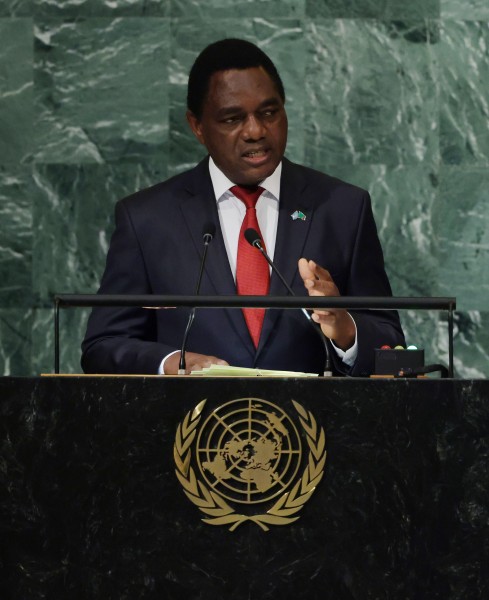Two Zambian journalists detained this week have now been charged with sedition, The Post newspaper told IPI this morning. Nyambe Muyumbana of Radio Lyambai and Mwala Kalaluka of The Post newspaper were arrested in separate incidents earlier this week in connection with their reports on protests for greater autonomy in Western Province.
“We are appalled that in a country that professes democracy, a journalist would be charged with sedition,” said IPI Acting Director Alison Bethel McKenzie. “It really makes one wonder about the government’s commitment to press freedom.”
Muyumbana, who is station manager at community Radio Lyambai, was charged with seditious publication for a programme that aired in the Western Province of Zambia last Friday. The show reportedly urged people to attend a political meeting on the Barotse Agreement that had been banned. Muyumbana’s cell phone was also confiscated.
Meanwhile Radio Lyambai remains shut after police confiscated equipment in a raid last Friday.
The Post’s reporter Mwala Kalaluka was released on bond this morning. He was arrested on Monday for speaking on his cell phone about his reports on the Barotseland agreement. Kalaluka was in conversation with his sources in the disputed area, and was telling them about an interview he had given Voice of America, when he was detained by a security agent who handed him to the police in Kabwe, The Post legal counsel Sam Mujuda told IPI by phone today.
At first, Mujuda was prevented from representing Kalaluka on the basis that he works for the same publication; however, this has now been reversed and police have since apologized, Mujuda said.
Kalaluk had been covering the Barotseland issue for The Post since protests in the Western Province city of Mongu began last week, because he speaks Lozi. Members of the Lozi ethnic group are calling for autonomy as per a decades-old agreement, which was signed as the British were leaving Zambia. Riots have already led to the deaths of some protesters.
Kalaluka was scheduled to appear in court this morning, but the prosecution were not ready and the hearing has been adjourned until 23 February, Mujuda said. If convicted, Kalaluka could face up to seven years in prison, or a fine.
The Barotse Agreement refers to a promise of autonomy made between the British, the traditional Barotseland ruler and the incoming Zambian authorities as Zambia was set to become an independent state; today, some in Zambia’s Western Province are calling for terms of this promise to be kept. The Zambian government has said there cannot be a state within a state and is working to uphold unity.


